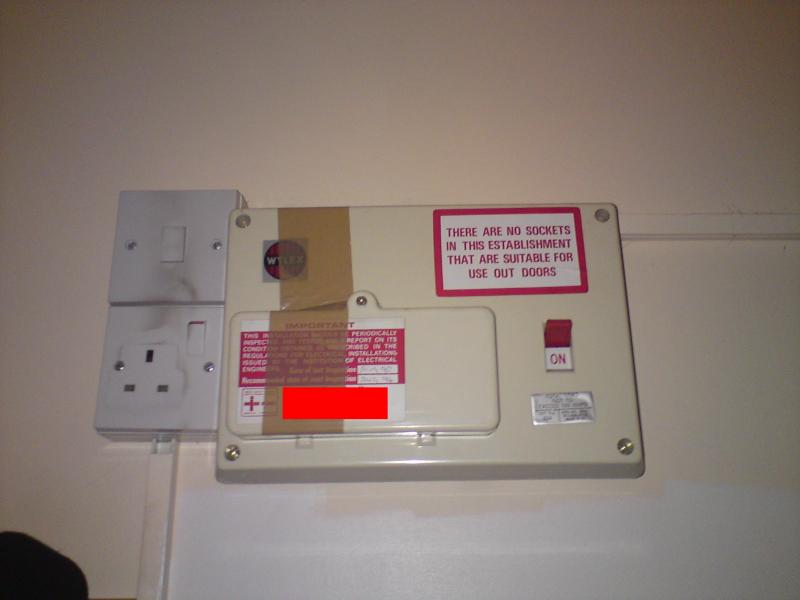This is exactly the reason one RCD is no longer encouraged.Although having lights on the same RCD is a pain in the butt.
Its also the reason sparks now try to split circuits back and front, rather than up and down, especially where theres a dual RCD board.


